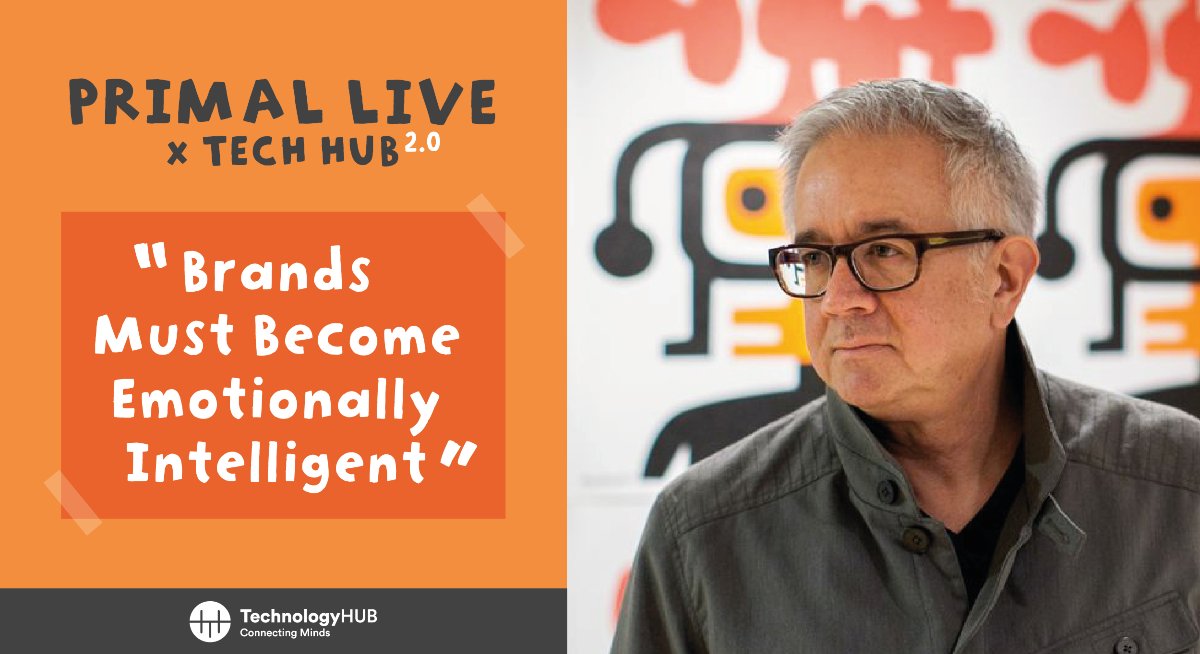Gone are the flat footed days when companies could convince users of efficacy, superiority or willful intent. Performance marketing works for short-term survival, but thins when it comes to building long-term brand love.
The people most companies desire aren’t the people looking for 20% discounts, but the people who stick with you despite shortages, higher cost or momentary bad tweets because, even if they don’t always believe you, they can’t think of living without you. Most of all, they believe in you.
This simple reality is reinforced in the new “Brand Intimacy Study” published by agency MBLM, who has put actual metrics on the emotional stability and stickiness of Brands.
“Most feature models and structures from decades ago tend to focus on the importance of rational, hierarchical thinking,” says the study. “And create constructs designed to mimic a deliberate decision-making process.”
Performance marketing may create metrics to score real-time sales or to game investors, but Brands that establish emotional connections and Brand intimacy have metrics too.
When was the last time your customers said they couldn’t live without you?
- 38% of Apple consumers claim they can’t live without their Apple.
- 32% Amazon consumers can’t live without a box on their doorstep.
- 21% of Ford buyers feel true religion for that brand.
Emotional connections drive decisions and willingness to purchase. Those customer-centric connections also boost loyalty—so it’s not surprising that brands wielding emotional intelligence have double the number of users who spend more.
Top emotional brands in the U.S. include expected names like Apple, Amazon and Ford, but also surprises like Chick Fil-A.
If you’re struggling with how to develop brand intimacy, you’re not alone. U.S. marketers are behind Mexico and other countries (Hispanic marketers take heed) when it comes to breaking from traditional marketing signposts and developing emotional brands.
According to the study, 35% of Mexican consumers feel intimate with the brands they consume, compared to only 21% of U.S. consumers.
Companies able to develop strong rational and emotional connections with their consumers naturally have more long-term staying power. And, according to the study, they also have more determined advocates.
They also have technology. “Brands that are a part of the smartphone ecosystem generally outperform those that aren’t,” says the study.
Emotional intelligence lives right door to relevance and advocacy. Two more metrics that determine sustained growth for your enterprise. Go for it.
Register FREE to this event, where Patrick Hanlon from Primal.Live will change the way you approach your own brand forever.


